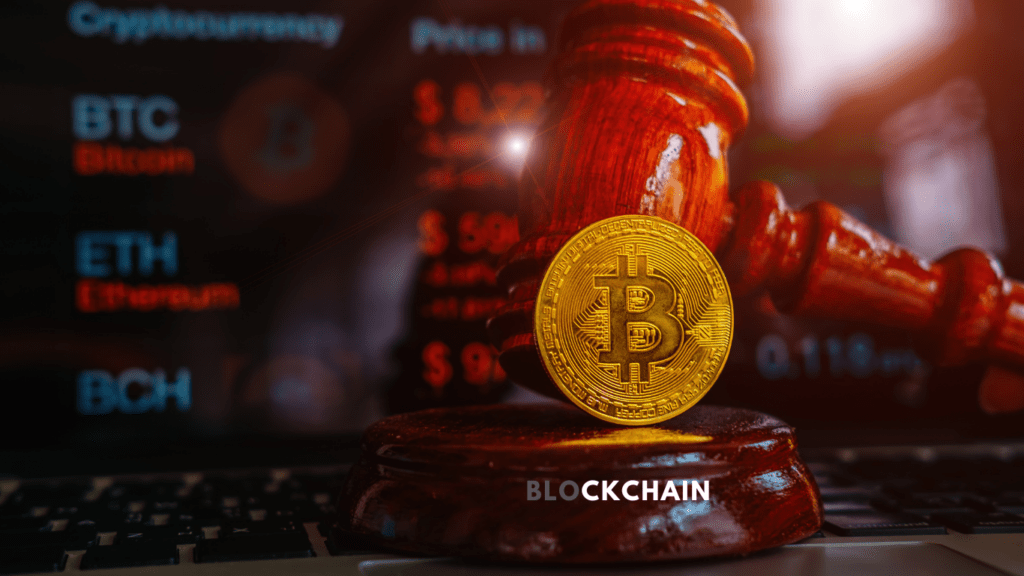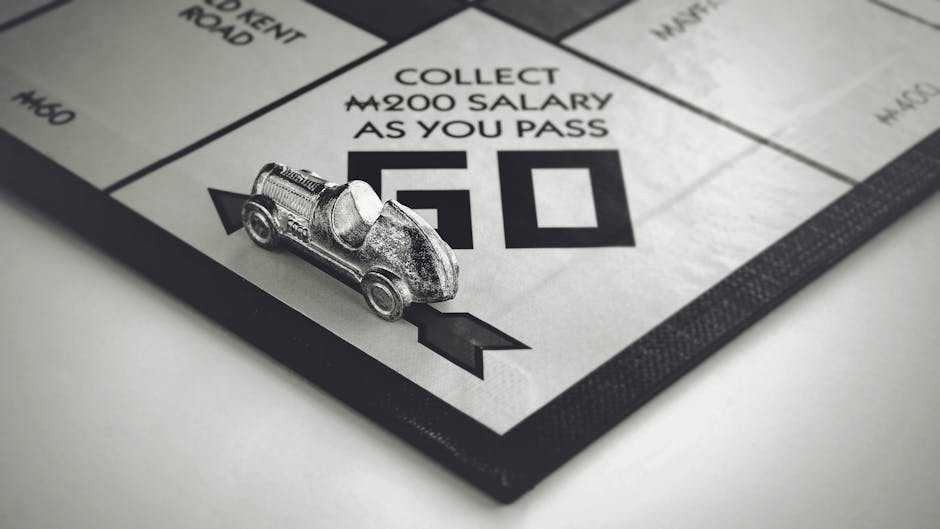The Intersection of Blockchain Technology and Gaming
Blockchain technology is transforming the gaming industry in several ways. It’s driving economic change and enhancing player experiences.
Revolutionizing Gaming Economics
Blockchain enables true ownership of digital assets, which is essential for gaming economics. Players can trade, sell, and buy in-game items confidently, knowing their ownership is secure and transparent.
Smart contracts facilitate these transactions without intermediaries, lowering fees and speeding up processes. This decentralization engenders trust among players and broadens economic opportunities.
Non-Fungible Tokens (NFTs) have become popular in gaming. They represent unique in-game items like weapons, skins, and property.
For example, a player might own a rare sword through an NFT, which can be sold or traded. This rarity adds real-world value to virtual assets, creating a vibrant gaming economy.
Token-based reward systems are another innovation. Players earn tokens for accomplishments, which they can exchange for other items or currency.
This model incentivizes engagement and creates an interactive ecosystem where players are continually motivated to participate.
Enhancing Gaming Experiences
Blockchain enhances gaming experiences by ensuring security and transparency. Game developers can use blockchain to prevent cheating and fraud, ensuring fair play.
Secure, decentralized systems make it tough for hackers to alter game data, preserving the integrity of the game.
Interoperability of assets across different games is another advantage. Players can use blockchain to transfer assets between games, adding value and flexibility.
For example, a character skin purchased in one game might be usable in another game, increasing its value.
Blockchain can also support community-driven development. Developers can engage players in decision-making processes through token-based voting systems.
Players can propose and vote on game features or updates, fostering a more collaborative environment.
Overall, blockchain technology is reshaping the gaming industry by enhancing both economic opportunities and player experiences.
Through secure ownership, transparent transactions, and novel game mechanics, blockchain offers a promising future for gaming.
Economic Potential of Blockchain in Gaming
Blockchain technology is reshaping the gaming industry’s economic landscape, offering new revenue opportunities and enhancing the value of digital assets.
By providing secure and transparent transactions, it creates a dynamic and innovative market.
New Revenue Models
New revenue models are emerging in gaming, driven by blockchain implementation. Developers can now monetize their games through token sales and NFTs (Non-Fungible Tokens).
In-game currencies can be tokenized, generating real-world value and enabling players to trade or sell their virtual assets on secondary markets.
Subscription services and pay-to-earn mechanics thrive in this ecosystem, offering players financial incentives alongside gameplay.
Some games leverage Initial Game Offerings (IGO) to raise funds and build a player base before launching. IGOs allow developers to sell exclusive tokens or NFTs directly to players.
These pre-sale items often appreciate in value, providing both the developers and early adopters with potential profits.
The decentralized nature of blockchain enables more equitable revenue distribution, eliminating the need for intermediaries and ensuring developers receive a larger share of earnings.
Tokenization of In-game Assets
Tokenization transforms in-game assets into unique digital tokens, secured on the blockchain.
This authenticity ensures that each asset can be traced back to its origin, adding value to digital items like:
- skins
- weapons
- virtual real estate
Players can buy, sell, or trade these tokens on various platforms, fostering a digital economy within the gaming community.
Gaming companies can tokenize rare items and create scarcity, driving demand and increasing their economic worth. Players benefit from true ownership and the ability to monetize their investments.
Through interoperability, tokenized assets can be utilized across multiple games or platforms, enhancing their utility and value.
The token economy can extend to create virtual marketplaces where users exchange various tokenized assets, further strengthening the game’s ecosystem.
Challenges Facing Blockchain in Gaming
While blockchain technology offers significant economic potential in gaming, it faces substantial challenges.
Scalability and Performance Issues
Blockchain networks often struggle with scalability and performance.
Popular blockchains like Ethereum can process only 15-30 transactions per second (TPS), limiting their ability to handle high transaction volumes common in gaming.
As games grow in popularity, this bottleneck can lead to latency and reduced user experience.
For example, a multiplayer online game with thousands of daily active users requires a backend that can process numerous transactions swiftly.
Layer-2 solutions like Polygon aim to address these issues but add complexity to implementation.
Regulatory and Security Concerns
Regulatory and security concerns pose significant obstacles.
Governments worldwide are still developing frameworks for cryptocurrencies and blockchain applications, creating uncertainty.
For instance, in-game tokens classified as securities in one jurisdiction might not be in another, complicating compliance. Additionally, blockchain’s decentralized nature makes it a target for cyberattacks.
Smart contracts, while offering automation, are vulnerable to bugs and exploits. Instances like the DAO hack in 2016, where $50 million worth of Ether was stolen, highlight the risks involved.
Players and developers need robust security measures to protect digital assets and ensure trust.
Blockchain Gaming Success Stories

Blockchain gaming has seen significant success with a few trailblazing titles setting the benchmark.
Case Studies of Popular Blockchain Games
1. CryptoKitties
CryptoKitties, launched in 2017, allows players to collect, breed, and trade virtual cats using Ethereum. Each cat is unique, represented as an NFT, which ensures ownership and rarity.
The game gained massive popularity, showcasing the potential of blockchain in gaming and highlighting how virtual assets can gain real-world value.
2. Axie Infinity
Axie Infinity involves players collecting, breeding, and battling creatures called Axies.
The game utilizes Ethereum blockchain to provide ownership rights and monetize gameplay through its native tokens, AXS and SLP.
By enabling players to earn real income through play-to-earn mechanics, Axie Infinity has transformed how gamers perceive virtual economies.
3. Gods Unchained
Gods Unchained is a digital trading card game where players own their in-game assets on blockchain. Each card is an NFT that can be traded freely, ensuring true ownership and scarcity.
This model has created a thriving secondary market for rare cards, proving the economic potential of tokenized game assets.
4. Decentraland
Decentraland is a virtual reality platform powered by Ethereum where users can create, explore, and trade in a 3D world.
Players buy virtual land and build on it, monetizing their interactive experiences. This model has not just gamified virtual real estate but has also demonstrated the merging of blockchain with immersive virtual environments.
Blockchain gaming continues to evolve, driven by the economic opportunities and innovative mechanics these success stories illustrate.


 is a key contributor to Luck Lounge Land, bringing her expertise in psychology and behavioral analysis to the platform. Her work focuses on the psychological aspects of gambling, helping users understand player motivations and decision-making processes. Morgana’s well-researched articles make her a respected voice in the community.
She also contributes to the site's 'Game Theory Academy,' developing modules on strategic thinking. Outside of her professional work, Morgana enjoys studying the latest trends in casino games and behavioral research. Her passion for the field and engaging writing make her a valuable asset to the Luck Lounge Land team.
is a key contributor to Luck Lounge Land, bringing her expertise in psychology and behavioral analysis to the platform. Her work focuses on the psychological aspects of gambling, helping users understand player motivations and decision-making processes. Morgana’s well-researched articles make her a respected voice in the community.
She also contributes to the site's 'Game Theory Academy,' developing modules on strategic thinking. Outside of her professional work, Morgana enjoys studying the latest trends in casino games and behavioral research. Her passion for the field and engaging writing make her a valuable asset to the Luck Lounge Land team.
